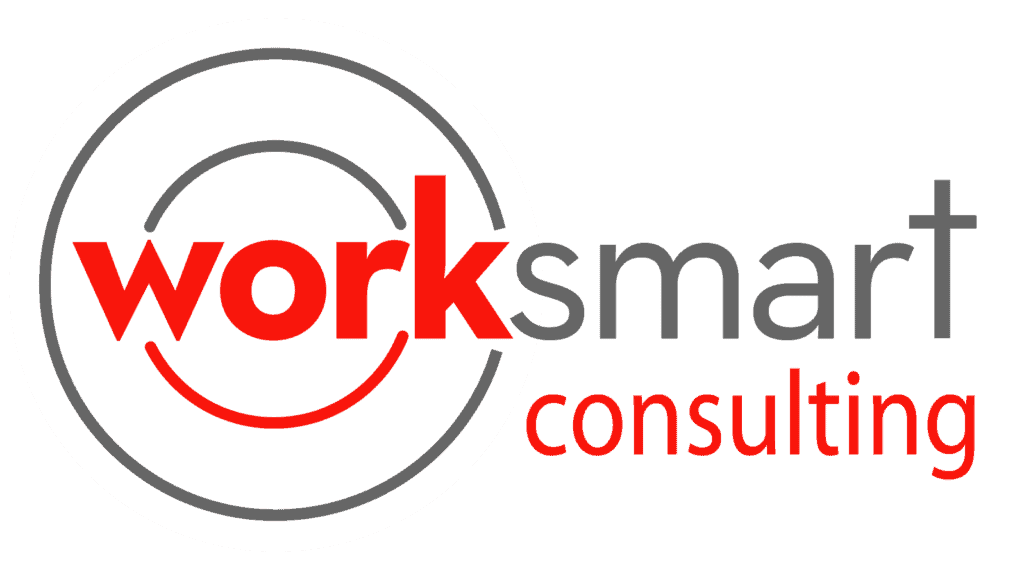In a world where disruption is the norm, leadership must evolve. The days of rigid five-year plans and one-size-fits-all strategies are long gone.
Instead, leaders today need to be adaptive—able to shift gears quickly, manage uncertainty, and guide their teams with confidence.
This is the heart of adaptive leadership, a concept championed by Dr. Cynthia Howard, CEO of the Work Smart Club.
Through her unique approach—blending Lean Six Sigma methodology with emotional intelligence, faith, and a resilient mindset—Howard helps leaders become equipped for whatever comes next.
“Adaptive leaders are not born they are built through awareness, planning, and intentional action,” Howard said.
At its core, adaptive leadership isn’t about having all the answers. It’s about being prepared to ask better questions, make smarter decisions, and lead with flexibility in the face of change.
Here’s how you can begin:
5 Essential Elements of an Adaptive Plan
Whether you’re leading a team, department, or full organization, these five elements form the foundation of effective adaptive planning:
Clear Priorities
Without a sense of what matters most, leaders can easily get pulled in too many directions. Clarify your top three priorities, then build your actions around them.
Agility in Planning
Plans should offer structure—but never rigidity. Adaptive leaders build in checkpoints, reassess often, and are not afraid to pivot.
Scenario Thinking
It’s not enough to plan for one outcome. Anticipate multiple scenarios and outline how you’ll respond to each. This increases resilience and reduces decision fatigue under pressure.
Communication Strategy
Adaptive leadership requires clear, consistent, and authentic communication. Team members need to know where they’re going and how they fit into the bigger picture.
Feedback Loops
Regularly gather input and insights from your team. This creates a culture of continuous improvement and helps you catch blind spots before they become issues.
Work Smart offers tools and coaching to help leaders build this type of resilience into their everyday operations. From strengths-based assessments to live training events, the focus is always on helping leaders respond with clarity, rather than react with stress.
Howard’s programs help uncover the distractions and internal patterns that sabotage planning. Leaders often don’t fail because they didn’t try—but because they tried to do everything without a plan that adapts to reality.
Her proven system teaches leaders how to:
- Prioritize what matters most
- Stay flexible without losing direction
- Plan with purpose while preparing for change
Through adaptive leadership, you stop chasing perfection and start embracing progress.
You become the kind of leader who is steady under pressure, clear in crisis, and capable of guiding others—no matter the situation.
Want to learn how to lead with purpose and flexibility?
Visit worksmartclubnetwork.com and start building your adaptive leadership toolkit today.






Responses